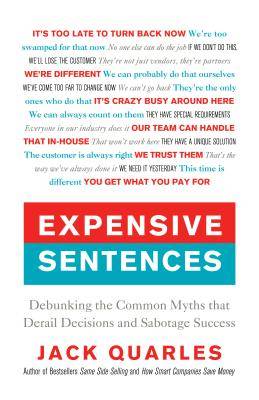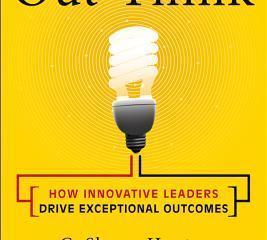I’m feeling a little nostalgic this week.
A few years back, I was in Asia doing some work on a journalism fellowship. I coaxed my wife into meeting me for a few days in Hong Kong. She came home with a $70 leather purse she assured me retailed for $500 in San Francisco. I came home with a pocket full of Renminbi, the Chinese currency also known as yuan. Call it a souvenir with an upside.
Fast forward. She still has the purse. I, however, have a pile of crumpled paper that’s worth roughly 4 percent less than it was in July. It’s not the first time she’s made a better deal. As an investor, I’m not usually a whiner. But this loss — probably all of $10 — has me thinking.
By way of background, the Chinese government pulled off a quick devaluation early this month that caught Wall Street by surprise. Beijing has been troubled by sagging economic growth numbers, and a set of weak export numbers apparently was the last straw. So officials pulled the trigger on a textbook maneuver to make their goods less expensive to foreigners.
The corollary is that the spending power of Chinese tourists in Las Vegas just went down 4 percent. That’s on ouch up and down the Strip.
The problems in Macau — from money laundering crackdowns to smoking bans — have taken a bite out of some of the big international players, like the Sands and the Wynn. But at the end of the day, if you’re betting Renminbi and are paid in Renminbi, currency fluctuations aren’t a real concern.
However, if your Vegas room charge is in dollars and you’re paying in Renminbi, your entertainment budget just got tighter.
The question is how many times that calculation is being made here. We know, as a city, we’re knee-deep in Chinese money, much of it arriving in EB-5 visa schemes, er, investments. It’s OK if the money was banked here last month. Next month? Not so good.
Once the shaking on Wall Street subsided and fears of a currency war calmed, stories started circulating about the big picture for American consumers. Maybe gasoline prices will stay low a little longer. Maybe holiday presents will be a little cheaper. But that good news is overshadowed in a town with a big bet on Chinese tourists.
Even that large Asian-themed project on the north end of the Strip isn’t immune from concern. Sure, Resorts World is owned by Genting, which is Malaysian, not Chinese. Importing Chinese steel would be cheaper, but there’s a lot of steel already in place. (MGM and AEG must be wondering why they weren’t a few months late on the arena.) But concerns about the clientele just increased exponentially. These currency skirmishes can take years to work themselves out. And a project that penciled before may not pencil now. So does Genting slow down? We’ll see.
The point of all this is that world affairs really are local when you live in the entertainment capital of the world. Deal with it. Even when it hurts. It’s a lesson I relearn every time I see that purse.






